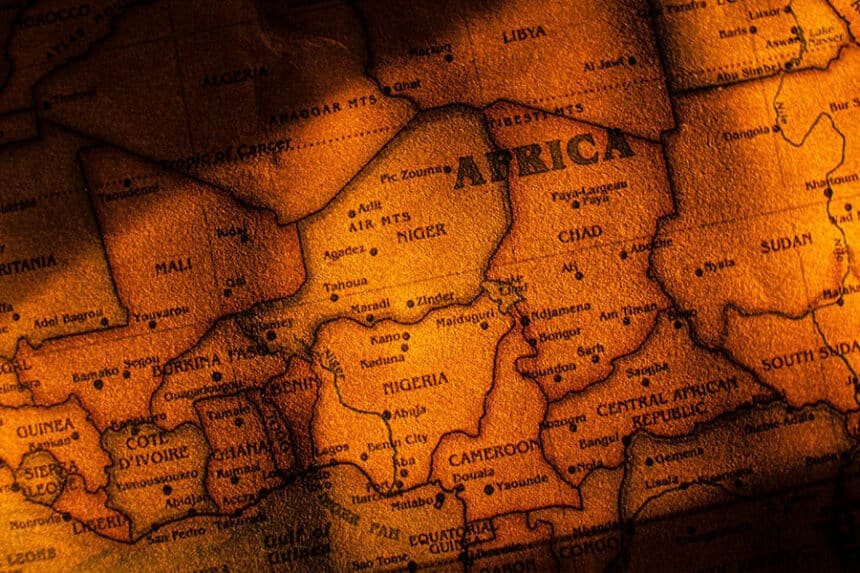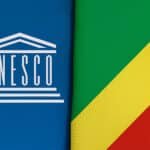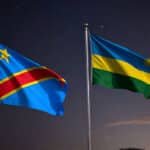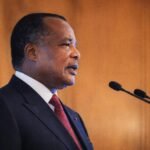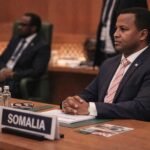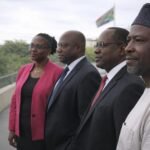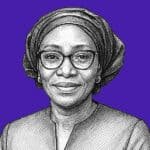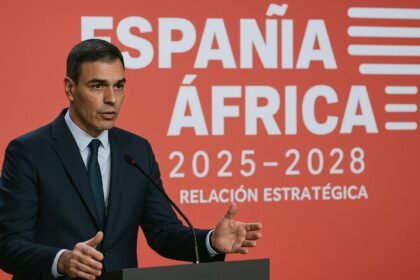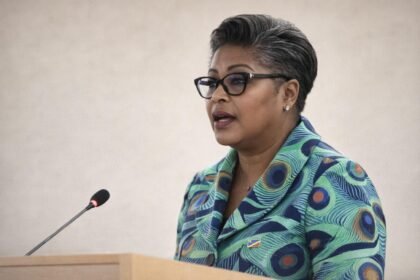Diplomatic calendars across Africa are increasingly synchronised around agendas conceived on the continent. On 3 June 2025 the third ministerial meeting of the African Political Alliance in Lomé urged foreign ministries to move “from reactive entreaty to strategic initiative”, positioning Africa within a fragmented global order. The appeal coincides with a major recalibration by the United States, which is replacing humanitarian metrics with benchmarks tied to market access and investment.
African Diplomacy Takes Centre Stage in Lomé
The Lomé communiqué articulates a doctrine of collective self-assertion: ministers from Mali, Burkina Faso, Niger and five other states agreed that multilateral forums should henceforth be venues “for proposing, not pleading” . Delegates also cited the recent African Union Debt Conference, likewise hosted in Lomé, where heads of state adopted the Lomé Declaration on Africa’s Debt—an instrument that raises coordinated debt management to the level of strategic diplomacy. President Faure Gnassingbé contended that aligning fiscal sovereignty with foreign-policy agility “is no longer optional but existential”, signalling Togo’s ambition to serve as a laboratory for continent-wide diplomacy.
Debt Sustainability as a Lever of Agency
Beyond rhetoric, the debt conference produced operational commitments: member states pledged to publish integrated debt registers and negotiate collectively with private creditors, echoing long-standing appeals from the UN Economic Commission for Africa for “African-led burden-sharing frameworks”. By transforming debt talks into a diplomatic instrument rather than a fiscal afterthought, officials seek to neutralise external leverage historically associated with concessional lending.
Washington Recalibrates: From Aid to Market Access
While African diplomats refine their collective voice, Washington has declared its own pivot. On 15 May the State Department confirmed that ambassadors will henceforth be evaluated primarily on “deal flow”—the volume of commercial agreements brokered rather than humanitarian disbursements—and highlighted thirty-three contracts worth six billion dollars sealed since January 2025. The policy is reinforced by a programme unveiled on 21 May to embed more than a thousand commercial officers in U.S. embassies to shepherd American firms through regulatory hurdles from Dakar to Dar-es-Salaam. Senior envoy Troy Fitrell framed the shift as “mutual prosperity”, yet aid organisations fear a vacuum in health and food-security funding.
Transactional Diplomacy and African Responses
African capitals welcome the prospect of diversified investment but remain cautious of a purely transactional ethos reminiscent of President Trump’s first term. At an Atlantic Council forum marking Africa Day, scholars warned that equating diplomacy with deal-making risks relegating governance and human-rights dialogue to secondary status, even as competition with China and Russia intensifies. The Lobito rail corridor—backed by a 550 million-dollar U.S. loan—illustrates how strategic minerals underpin the new engagement template. African negotiators aim to leverage such projects to advance the African Continental Free Trade Area while insisting on safeguards against “resource enclaves” that bypass local value addition.
Implications for Multilateralism and Agency
The simultaneity of Africa’s diplomatic consolidation and Washington’s commercial turn is recasting multilateral bargaining. By foregrounding debt sustainability and integrated markets, African leaders seek to meet partners as equals in forums ranging from the G20 to the IMF. U.S. officials describe the policy as complementary to African agency, but critics note that shifting risk to private capital could deepen asymmetries if governance standards diverge across jurisdictions.
Navigating Converging Strategies
For diplomats and policymakers, the twin developments in Lomé and Washington signal a decisive phase in Africa’s external relations. Whether the continent’s renewed assertiveness and the United States’ trade-first model converge toward equitable partnership will depend on the practical calibration of investment with institutional reform. Success will be measured less by high-level summits than by the durability of frameworks—such as the Lomé Declaration—that translate African agency into sustained economic and geopolitical leverage.
